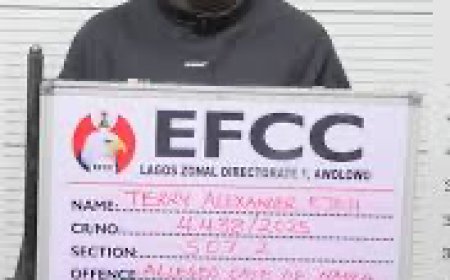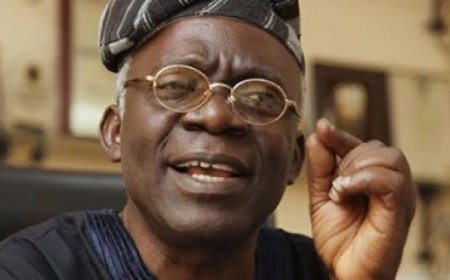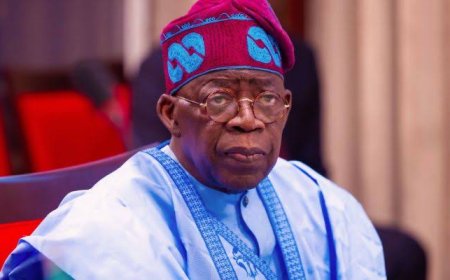FRN v. Nnamdi Kanu: A Legal Nullity Born Of Judicial Lawlessness
On 15 December 2023, a five-man panel of the Supreme Court of Nigeria delivered its judgment in FRN v. Nnamdi Kanu.

By Onyedikachi Ifedi Esq
On 15 December 2023, a five-man panel of the Supreme Court of Nigeria delivered its judgment in FRN v. Nnamdi Kanu. In one breath, it stripped Mazi Nnamdi Kanu of every protection guaranteed under the African Charter on Human and Peoples’ Rights — protections enshrined in Nigerian law by the African Charter (Ratification and Enforcement) Act — and in the next, it purported to remit him for trial on repealed charges.
This was not merely a miscarriage of justice. It was a judicial mutiny against the Constitution, the African Charter, and binding precedent.
THE UNDISPUTED FACT: A FIVE-MAN PANEL CANNOT OVERRULE A SEVEN-MAN PANEL
In General Sanni Abacha & Ors v. Chief Gani Fawehinmi (2000) 6 NWLR (Pt. 660) 228, a full constitutional panel of seven Justices of the Supreme Court authoritatively held:
1. The African Charter is enforceable in Nigerian courts as domestic law.
2. It stands on the same pedestal as Chapter IV of the 1999 Constitution in guaranteeing fundamental rights.
3. Any Nigerian law, policy, or act of the State inconsistent with the Charter’s provisions is void.
This decision is binding law. Under the doctrine of stare decisis, a smaller panel of the Supreme Court is bound by it. Only an equal or larger panel can depart from it.
THE INCONTROVERTIBLE LAW
Osho v. Foreign Finance Corporation (1991) 4 NWLR (Pt. 184) 157 at 188: "A smaller panel is bound by the decision of a larger panel."
Oladokun v. Military Governor of Oyo State (1996) 8 NWLR (Pt. 467) 387: "Hierarchy within the same court is determined by panel size; larger panel decisions prevail."
Abacha v. Fawehinmi remains the gold standard for the African Charter’s domestic enforceability.
THE FRN v. KANU TRAVESTY
The five-man panel in FRN v. Kanu:
Ignored Abacha v. Fawehinmi.
Denied Mazi Kanu the Charter’s explicit prohibition against extraordinary rendition and inhuman treatment.
Allowed a prosecution tainted by kidnapping and torture to proceed — an outcome expressly forbidden by the Charter and confirmed by the larger constitutional bench.
This is not a mere error. It is per incuriam — delivered in ignorance of binding law — and thus a legal nullity.
THE AFRICAN CHARTER IS CONSTITUTIONAL LAW IN NIGERIA
When the African Charter was domesticated, it became part of Nigerian law with constitutional force. It is not a mere statute; it is a Bill of Rights rooted in both Nigerian and international obligations.
By discarding it, the FRN v. Kanu panel did violence to the Constitution itself. No court of law can stand on such a foundation without becoming an engine of oppression.
WHY THIS MATTERS
If this perverse precedent is allowed to stand:
No Nigerian citizen will have meaningful human rights protections in cases involving state violence.
The rule of law will be replaced by the rule of judicial convenience.
The Supreme Court’s integrity will sink beneath the weight of its own lawlessness.
THE VERDICT
The FRN v. Kanu decision is void for failure to adhere to stare decisis and for arrogating to a five-man panel the unlawful power to overturn the decision of a seven-man constitutional bench.
History will remember this case not as law, but as a monument to judicial betrayal — the day the Supreme Court of Nigeria broke its own oath and buried the African Charter alongside the Constitution.
Onyedikachi Ifedi, is a Legal Practitioner & Human Rights Advocate (Consultant to Mazi Nnamdi Kanu Global Defence Consortium)
What's Your Reaction?



































































